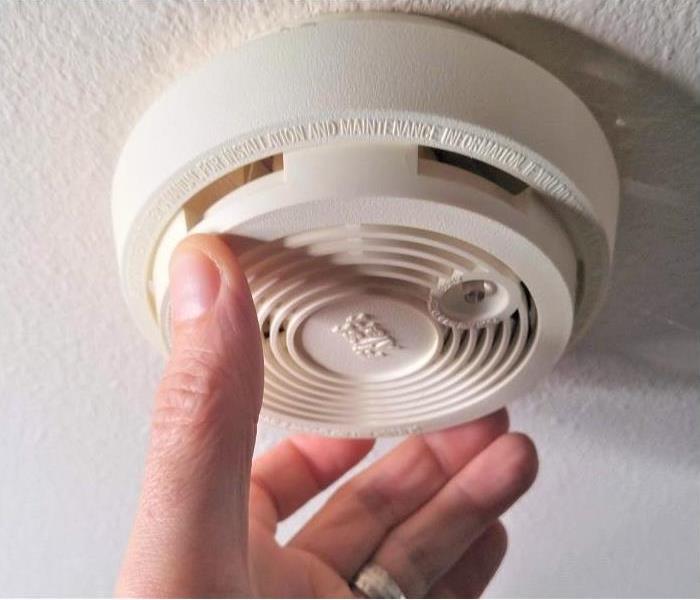Tips for Fire Safety
7/24/2020 (Permalink)
No one is ever prepared for a fire to happen in their home. The financial, physical, and emotional toll they leave behind can last longer than it takes to repair the home. Here are some best practices for fire prevention and safety:
Minimize the Risk
Having safe practices for cooking and heating can greatly reduce your chance of having a house fire. While cooking on a stove top or grilling, be mindful of what is near the heat source and never leave it unattended. Keep flammable things, such as paper, curtains, blankets, holiday decorations away from fireplaces and space heaters. Many homes are also making the switch to candle warmers and flame-less candles to keep open flames out of the reach of children.
Install Smoke Alarms
Did you know three out of five fire related deaths happen in homes without working smoke alarms? They are a crucial part in fire safety. You should have one on every level of your home, outside sleeping spaces, and inside bedrooms. If you or someone in your home is hearing impaired, look into getting smoke detectors that use strobe lights or bed shakers. Make sure to test them monthly and change the batteries once a year.
Create an Escape Plan
Once the smoke alarm goes off, you have one to two minutes to get out of the home so it is important to have a plan and that everyone knows what that plan is. Make sure you know all exit points of you home and try to have two ways to get out of a room. Make sure windows and door open easily and are not blocked. Designate a location away from the home to use as a meeting place in case you get separated. The most important thing is to practice this plan!
Fires are a frightening experience but there are things you can do to lower the chance of one happening and steps you can take to keep you and your family safe in case of does.





 24/7 Emergency Service
24/7 Emergency Service
